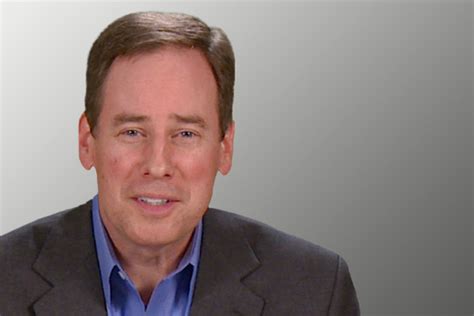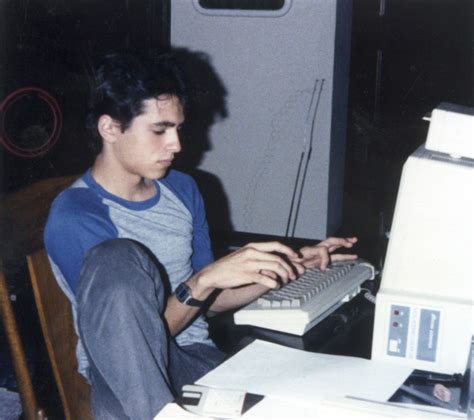A Quote by Jay Sean
I buy lots of my software over the net from the States.
Related Quotes
One of the dangers about net-net investing is that if you buy a net-net that begins to lose money your net-net goes down and your capacity to be able to make a profit becomes less secure. So the trick is not necessarily to predict what the earnings are going to be but to have a clear conviction that the company isn't going bust and that your margin of safety will remain intact over time.
In software, consultants sometimes tell you to buy into certain software-development methods to the exclusion of other methods. That’s unfortunate because if you buy into any single methodology 100 percent, you’ll see the whole world in terms of that methodology. In some instances, you’ll miss opportunities to use other methods better suited to your current problem.
By using general consumption PPPs, the World Bank is, in effect, saying to the poor: "Sure, you cannot buy as much food as the dollar value we attribute to your income would buy in the United States. But then you can buy much more by way of services than you could buy with this PPP equivalent in the United States." But what consolation is this? The poor do not buy services - they are services, on their luckier days.
I'm not of the opinion that all software will be open source software. There is certain software that fits a niche that is only useful to a particular company or person: for example, the software immediately behind a web site's user interface. But the vast majority of software is actually pretty generic.
In the future, you won't buy artists' works; you'll buy software that makes original pieces of 'their' works, or that recreates their way of looking at things. You could buy a Shostakovich box, or you could buy a Brahms box. You might want some Shostakovich slow-movement-like music to be generated. So then you use that box.
A technology becomes truly disruptive when it drives the marginal cost of something that used to be scarce and expensive to approach zero. Thus, it used to be to deploy software at scale, you had to fund a data center, buy a set of servers, storage, and networking gear, build an in-house IT management capability, and buy an expensive stack of enabling software before you could even get started. Now you can get all that from Amazon or Microsoft on a pay-as-you-grow model.
The business models in enterprise have changed pretty dramatically. A huge problem with enterprise software traditionally has been usually you sell to the customer and then they adopt the technology. The great thing about 'freemium' and the new way enterprise software is being sold is you get to try it first and then buy it.


































